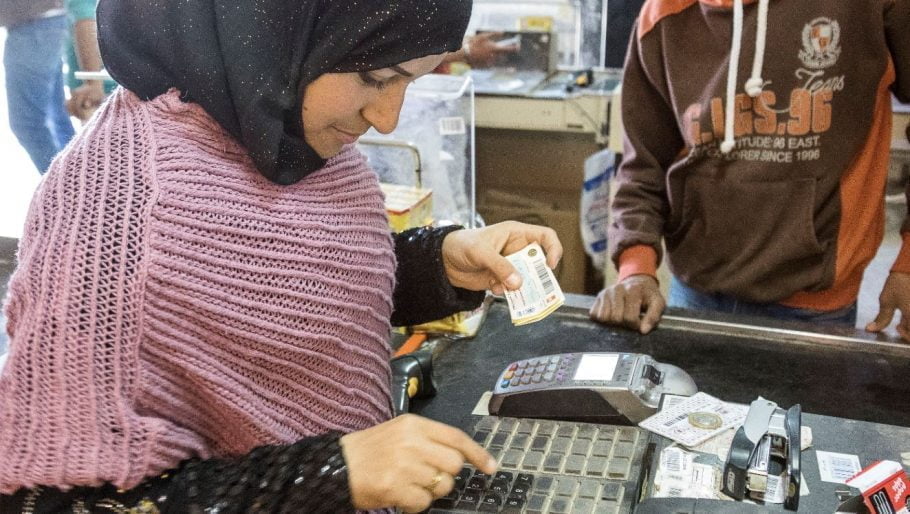New Thematic Page on Gender, Protection and CTP

Existing gender inequalities mean that disasters and conflicts impact women, men, girls and boys differently. Cash based assistance is one of the most significant developments in humanitarian assistance in recent years. But the relationship between gender and cash based assistance in humanitarian contexts is poorly understood.
All too often, interventions are designed based on assumptions rather than evidence. As a result, many cash based interventions fail to capitalise on opportunities to foster positive gender impacts or, worse still, have unintended negative consequences.
There is need for change. This will require individual and collective action by all humanitarian actors.
In March 2018, an ‘Agenda for Collective Action‘ was agreed following a symposium on Gender and Cash Based Assistance’ that was held in Nairobi. The agenda outlines six key areas for action as briefly summarized below:
Commit to action. Ensure gender specific needs and impacts are fully considered in all cash based assistance in humanitarian contexts.
Undertake research to address the multiple evidence gaps that exist in relation to gender and cash based assistance in humanitarian settings.
Ensure assessments, including rapid and market assessments, consider gender and mitigate against any gender-based violence or wider protection risks that may result from programmatic decisions.
Design programmes to address the causes of inequality, looking for opportunities to link cash based assistance with gender programmes.
Monitor and respond to protection issues, including risks of gender based violence. This should be the norm in all programmes involving cash based assistance.
Enable cash, gender and protection specialists to work together to increase understanding of cash and gender in all sectors and ensure quality programming.
To realise the potential benefits of cash based assistance for everyone, there is need to foster dialogue between cash, gender and protection actors. Actors from different sectors need to work together, share experiences and learning, and address gaps and overlaps. This also requires improving coordination between clusters and cash working groups. We need to create opportunities to learn from government experiences with social protection systems and use evidence from development programmes, testing the learning and ensuring its applicability in different contexts.
Driving forward this Agenda for Action will contribute to delivering on Grand Bargain and other major cash based assistance commitments summarised in the Global Framework for Action. Equally, these actions will contribute to promoting gender equality in line with the commitments made within Sustainable Development Goal 5. Further, the actions are aligned with commitments made in the Core Humanitarian Standards and support the application of established good practice.
The need is clear, and we have already committed to action to improve the impact of cash based assistance on gender outcomes. Now is the time to act.
For resources and the full ‘Agenda for Action’ see the new thematic page


